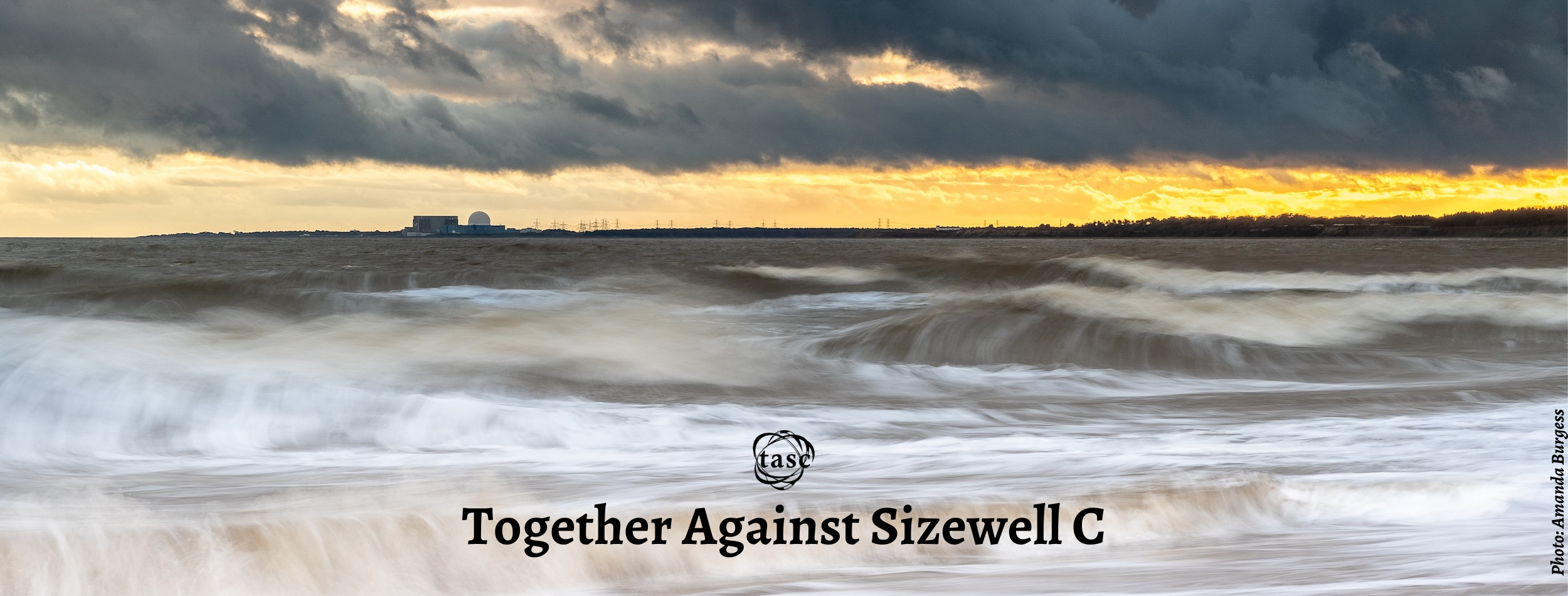
Three million fish would be sucked into the power plant’s cooling system every year, conservation charity says
By Emma Gatten The Telegraph
ENVIRONMENT EDITOR 18 November 2020 • 12:01am
Sizewell C would be catastrophic for British nature, destroying vast areas of fragile wildlife habitat home to barn owls, water voles and kingfishers, conservationists have warned.
Suffolk Wildlife Trust said plans by contractor EDF to build the nuclear reactor on the county’s coastline would be “devastating”, destroying an area of outstanding natural beauty the size of 900 football pitches, rare wildlife habitats and 10 hectares of a protected site.
The charity said that it had now come to the conclusion that the damage to wildlife would be so great that it could not be compensated for elsewhere or mitigated.
That includes the loss of 3 million fish every year that would be sucked into the power plant’s cooling system, affecting the marine ecosystem of the entire coastal area.
The project, which is expected to cost up to £20bn and take at least ten years to build, is reported to have the backing of the government, which signalled its support for nuclear investment in Wednesday’s new green strategy.
But the plant is still subject to the planning process, with a final decision not expected for at least six months.
“Nature is already in huge trouble and the sheer scale of this development will make a bad situation much, much worse,” said Christine Luxton, chief executive of Suffolk Wildlife Trust.
“We will not solve the climate crisis by destroying natural habitats that lock-up carbon. This is the wrong time and the wrong place for such a colossal and damaging development.”
The RSPB has long opposed the construction of Sizewell C, over fears it could threaten wildlife living in and around the bordering Minsmere nature reserve.
The row is the latest case of the Government’s net zero energy infrastructure overhaul coming into conflict with the aims of conservation groups, who fear the impact on the natural world.
Major nuclear projects are a particular point of contention for many environmental groups, who say falling costs for wind and solar projects undermines their case, but other large-scale projects have also faced criticism.
Several green groups last week wrote to the prime minister and the Chancellor to warn that the drive to increase offshore wind could threaten marine habitats.
Earlier this year, green groups were split over support for the biggest solar park in Kent, with Friends of the Earth in favour and Greenpeace opposing.

